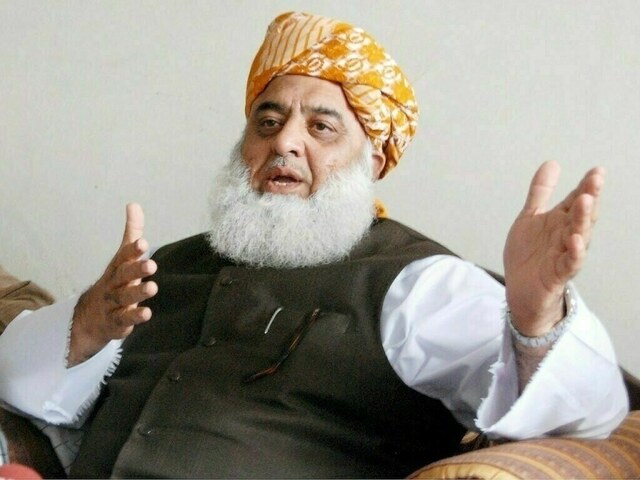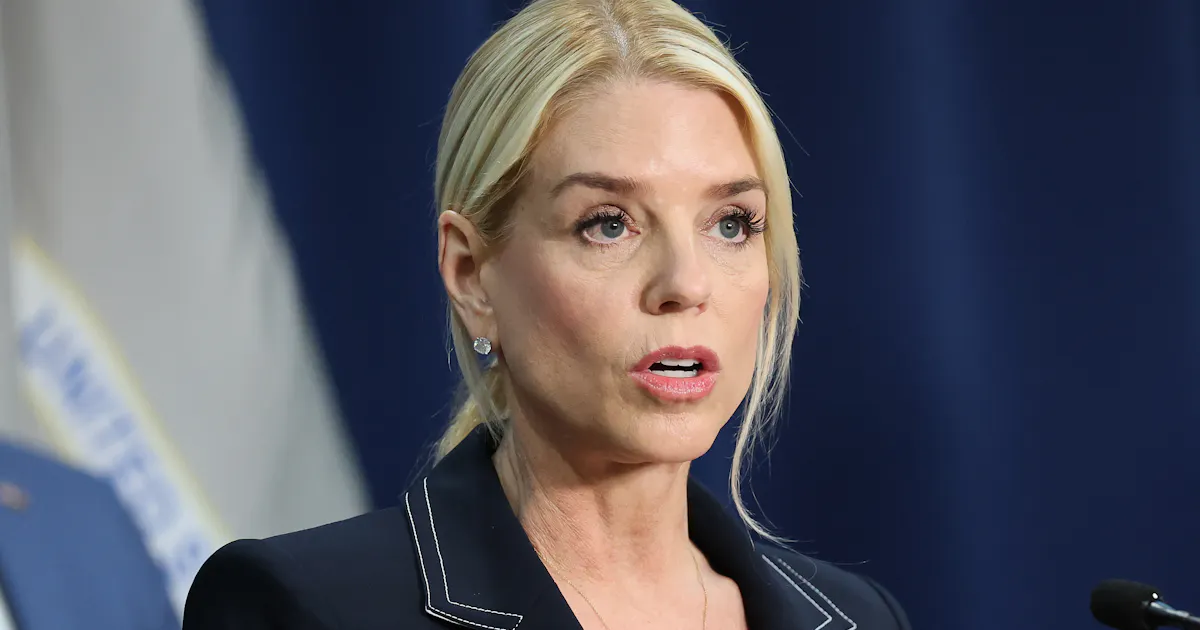Pakistan-KSA defence pact could strengthen both countries against emerging security threats: Fazl
By Anwar Khan
Copyright brecorder

KARACHI: Chief of Jamiat Ulema-e-Islam, Maulana Fazlur Rehman, has warned that a fragmented Muslim Ummah will remain exposed to global power struggles, though he voiced optimism that the Pakistan–Saudi Arabia defence pact could strengthen both countries against emerging security threats.
The JUI leader expressed confidence that the new strategic partnership between Islamabad and Riyadh would not only deepen bilateral ties but also enhance their ability to respond jointly to evolving geopolitical challenges in the Middle East and beyond.
He said the disunity of Muslim nations has long allowed external powers to dictate regional agendas, undermining political and economic sovereignty. According to him, only collective action and mutual defence arrangements can shield Muslim states from mounting international pressures.
Speaking at the concluding rally of JUI’s five-day “Sindh Aman March” – which began in Kashmore and ended near the Sindh Assembly – he welcomed the defence pact as a sign that Pakistan and Saudi Arabia are capable of leading the Islamic world. He stressed that moving towards an Islamic bloc is the first step and should be supported rather than discouraged.
The JUI chief called on the international community to press Israel to end its atrocities in Palestine, saying that any weakness on the part of Muslim nations gives Israel an advantage. He said Pakistan must stand firm on its long-held position that Israel is illegitimate and consistently present that stance on global forums.
Fazl also addressed internal governance and security issues, insisting that there should not be a state within a state. He said JUI supports the state in its efforts for stability but called for negotiations and dialogue as the only viable means of resolving conflicts.
Warning against electoral manipulation, he said the public mandate is not a “herd” to be given or taken away at will. He cautioned that attempts to steal the mandate would no longer be tolerated, adding that his movement will continue its struggle for justice.
He criticised the security situation in Khyber Pakhtunkhwa and Balochistan, describing them as regions plagued by violence and enforced disappearances. He claimed JUI is the only force consistently raising the people’s voice in such areas.
On economic challenges, he said rulers living in luxury oppress the poor. He argued that wage levels remain too low and that budget increases of ten percent provide no real relief. He accused successive governments of misusing public resources while ordinary citizens bear the cost.
Turning to foreign affairs, he condemned US policies in the Middle East, holding Washington responsible for supporting Israel in the killing of women and children in Gaza. He also criticised Pakistani leaders for honouring American figures he accused of backing such policies.
He emphasised that JUI seeks unity and peace, not confrontation, and said Islam represents love and justice rather than the distorted image promoted in the West. He reiterated that his party stands against sectarianism and for national cohesion.
The rally drew senior party leaders and activists, with Maulana Fazlur Rehman closing the event by reaffirming his movement’s commitment to peace, unity, and principled resistance against injustice at both national and international levels.
Copyright Business Recorder, 2025



